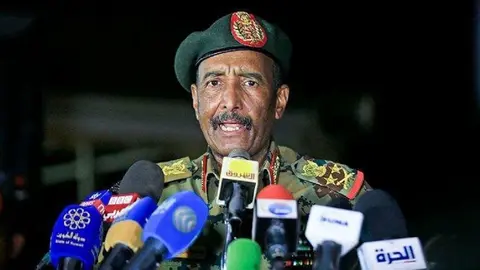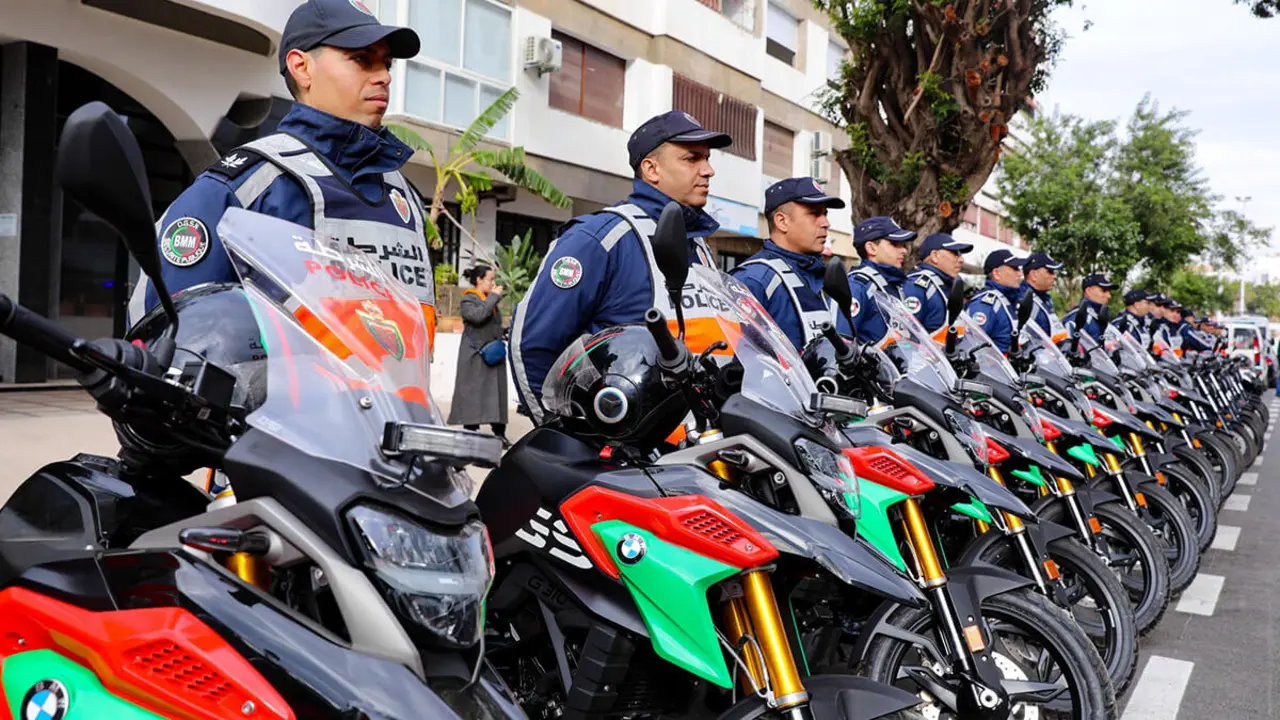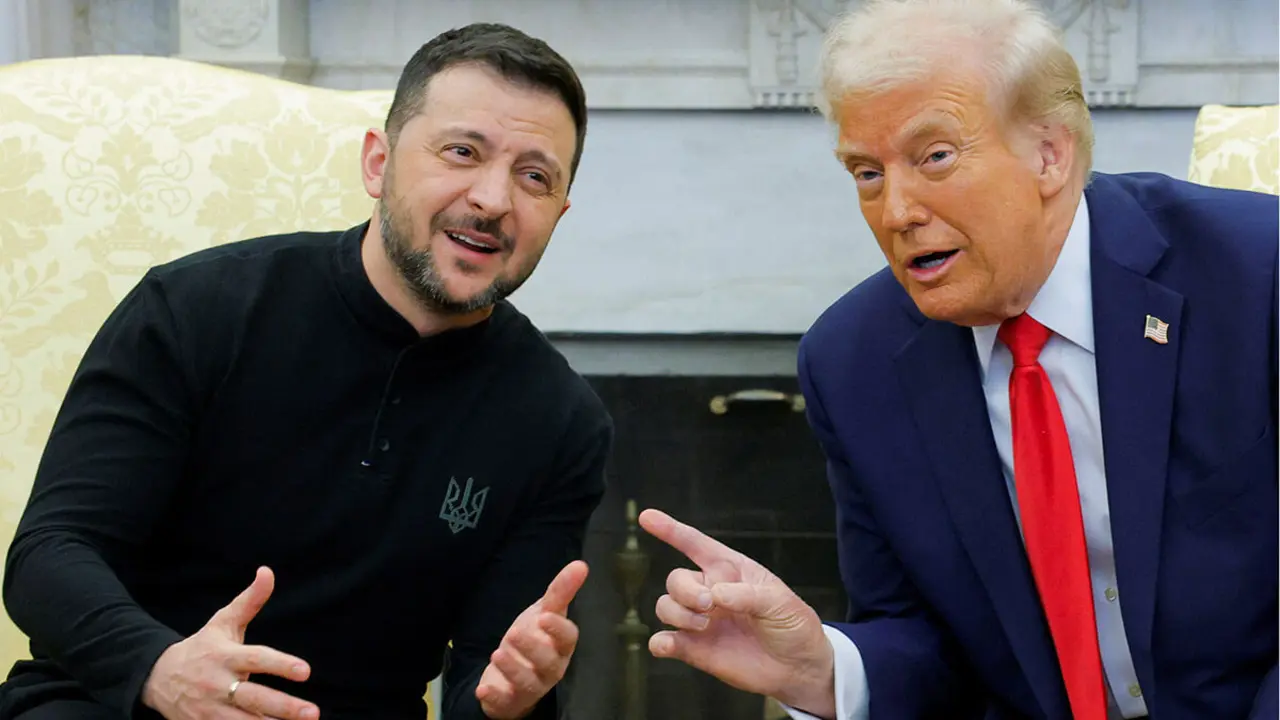Sudan: the seventh truce comes to an end

The Sudanese army has suspended truce negotiations with the paramilitaries as of 31 May. The two sides had agreed to a temporary truce thanks to mediation efforts by the US and Saudi Arabia. The new truce, already the seventh in the conflict, began on 22 May and was extended for a further five days.
As for the reason for the cessation of negotiations, Deutsche Welle provides an anonymous testimony: "The army took this decision because the rebels never implemented one of the points of the temporary truce agreement that provides for their withdrawal from hospitals and homes and they keep breaking it".
We will recall the key factors in what is colloquially known as the "war of truces":
The sides
In this conflict, two well-distinguished factions face each other; the Sudanese Army led by General Abdel Fattah al-Burhan, and the Rapid Support Forces (RSF) led by Mohamed Hamdan Dagalo "Hemedti".
As Público reports, despite disagreements between the army and the RSF dating back to 2019, the war began on 15 April 2023, following an attempt at unification between the army and the paramilitary group.

Truces
There have been several truces:
The first truce began on 16 April, one day into the conflict, and lasted just 4 hours. It was organised thanks to the concern of the international community, and the objective was the creation of a humanitarian corridor. But during the period of the truce, a hospital was bombed, resulting in multiple deaths.
The second ceasefire occurred the following day, on 17 April, and was marked by the moral and power struggle between the leaders of the two sides, as both wanted the authority to negotiate with other states. Once again the brief period of peace was breached; the EU ambassador was assaulted and the RSF stormed national radio and television.
The third truce came, once again, 24 hours after the previous one, on 18 April. It was brokered by the United States and was broken after only a few hours. The leaders of both sides used the time to mobilise their troops to Khartoum, the country's capital. The nation's food shortages also began to worsen.
"I continue to urge the parties to honor this agreement which they signed two days ago.
— UN Integrated Transition Assistance Mission Sudan (@UNITAMS) May 22, 2023
They must stop the fighting.
They must allow access for humanitarian relief, protect humanitarian workers and assets, and allow safe passage for civilians to leave areas of hostilities." https://t.co/H2LSu6hiYz
On 21 April, the fourth ceasefire began. This new call for peace came during the Muslim holiday of Eid al-Fitr, an important day for peace in the religion. During this period, evacuation procedures for foreign nationals began. A few hours later, however, the shelling resumed, the number of civilians killed rose to 413 and an International Organisation for Migration worker was killed.
The fifth truce came on 24 April. In this case, the 72-hour ceasefire was extended twice, on 27 and 30 April. During these days, some 20,000 civilians managed to take refuge in Chad, but the peace was once again broken, and almost 600 citizens lost their lives.
Finally, the sixth ceasefire was announced on 2 May. Thanks to the participation of Saudi Arabia and the United States in the role of mediators, a new 7-day truce was agreed. South Sudanese President Salva Kiir expressed his gratitude to the international community during these difficult times: "We thank our international partners for their assistance to the Sudanese people, especially in the face of the influx of refugees".
However, as anticipated, this temporary period of peace was again breached when Human Rights Watch announced the detonation of bombs in civilian areas.
A succession of unfulfilled truces has been reported and detailed by various media covering the Sudanese conflict, such as La Razón.

The UN
As Euronews indicates, in this seventh attempt, a joint commission has been set up to monitor compliance with the peace agreement.
Volker Perthes, the UN Secretary General's Special Representative for Sudan and head of the UN Integrated Transition Assistance Mission in Sudan, urges both sides to cease attacks and allow humanitarian access. He has also warned of the possibility of the conflict moving towards ethnic fighting.
Given the above developments, the current cessation of peace negotiations does not come unexpectedly. We await the next intervention by the international community.









